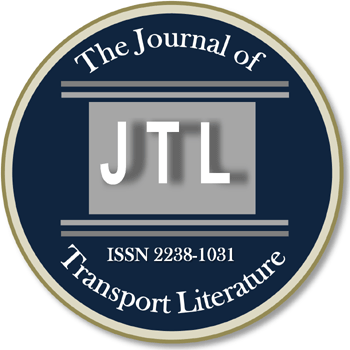The airline industry has performed inconsistently since deregulation in 1978 and there has been a significant profit discrepancy between legacy airlines and low-cost carriers. Starting from the early 2000s, four of the largest legacy airlines chose to consolidate with an effort to increase efficiency and profitability. Delta Air Lines and Northwest Airlines have consolidated in 2008, becoming the largest commercial airline in the world. This paper examined the merger effect on the airfares on top 1,000 U.S. domestic city-pair routes in relation to the number of passengers, the distance, and the market share as well as its potential anticompetitive issues. All airlines were categorized into three groups - Legacy Airlines, Delta-Northwest, and Low-Cost Carriers - and the interactions between the airfares and the variables were examined within each airline group and across different airline groups. It was found that the airfares of legacy airlines and Delta-Northwest decreased at a faster rate than the low-cost carriers while their market shares increased simultaneously irrespective of whether they offered the lowest prices or had the largest market share on each route.
airline industry; merger; legacy airlines; low-cost carriers; antitrust
